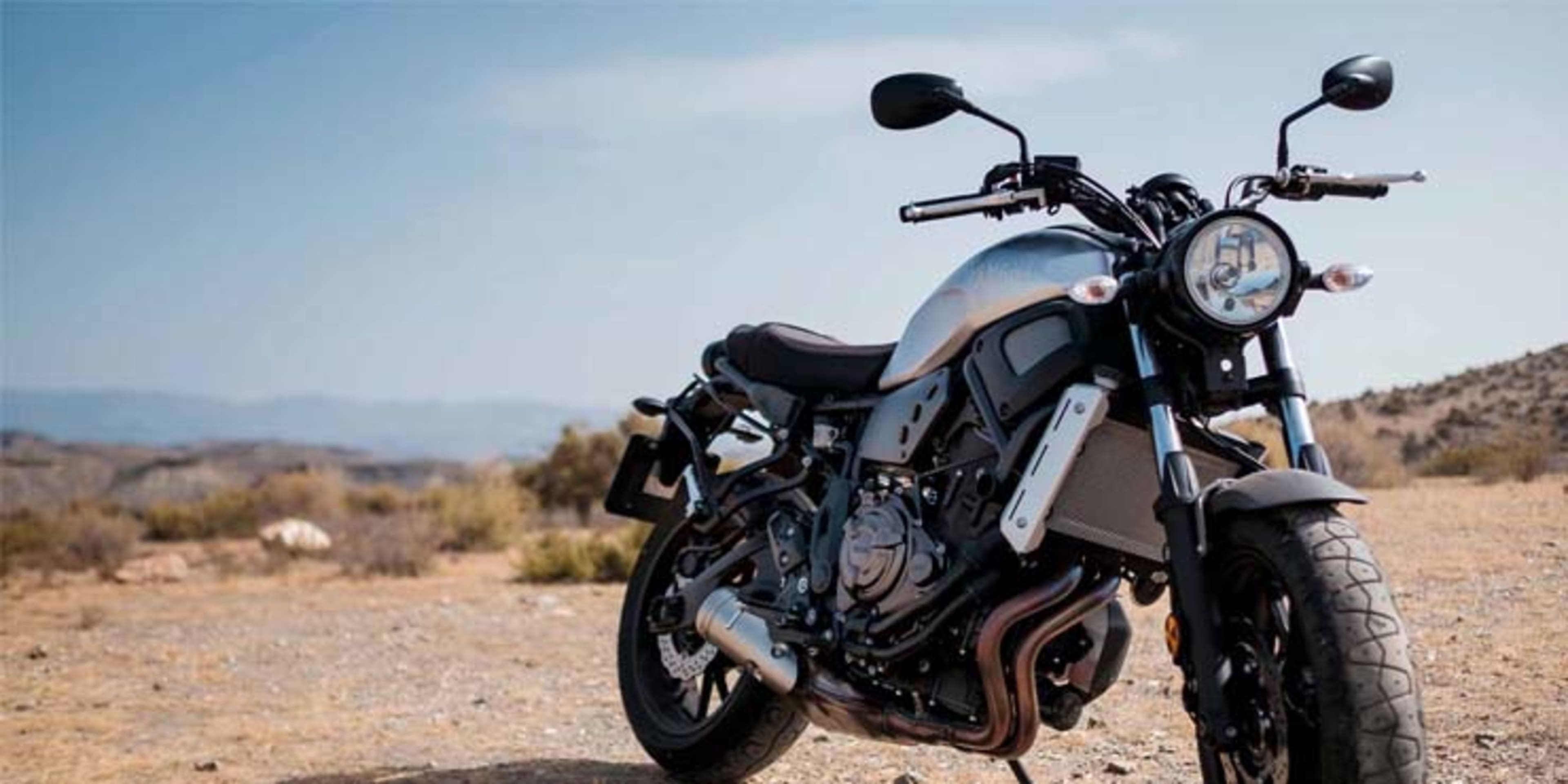
2024

Best Motorcycle Repair Shops
Find a Top-Ranked Motorcycle Repair Shop Near You
We did the research for you!
- Licensing
- User Reviews
- Mystery Shopping Calls
Learn about our selection process.
Top Motorcycle Repair Shops
= Featured Provider
New York, NY
Speed Motorcycles
517 East 132nd Street, The Bronx, NY 10454Cycle Therapy NYC
230 E 127th St, New York, NY 10035Keino Cycles LLC
Brooklyn, NY 11231
Los Angeles, CA
Motorcycle Tire Center
Orange, CA 92867New Century BMW Motorcycles
Alhambra, CA 91801Moto Republic
Los Angeles, CA 90041
Chicago, IL
Second City Scooters
Chicago, IL 60625Acme Cycle
Chicago, IL 60641Scooterworks Chicago
Chicago, IL 60625
Houston, TX
Jim’s Motorcycle Service Inc.
Alvin, TX 77511Ace Motorworks
Houston, TX 77009MPH Cycles
Houston, TX 77084
Phoenix, AZ
Arizona British Bikes
1429 East Griswold Road, Phoenix, AZ 85020Quality Cycle Service
193 N. Dome Lane, Tonto Bayson, AZ 85553Ramjet Racing Performance Cycles
12001 North Cave Creek Road, Phoenix, AZ 85020
San Diego, CA
Martin's Motorcycle Specialties
Santee, CA 92071DMC Performance
San Diego, CA 92109Triumph San Diego
San Diego, CA 92110
San Francisco, CA
Tokyo Moto
San Francisco, CA 94103Desmoto-Sport
San Francisco, CA 94103Berkeley Honda Yamaha
Berkeley, CA 94710
Jacksonville, FL
Favre Motorcycles & Lui Inc.
Jacksonville, FL 32210Hardcore Cycles
Jacksonville, FL 32211Cycle and Ski Concepts
Middleburg, FL 32068
Austin, TX
Flash Motorbikes
Austin, TX 78757Shawn's Cycle Shop
Austin, TX 78758Southern Metal Choppers
Austin, TX 78753
Baltimore, MD
MRP Motorsports
8154 Ritchie Highway, Pasadena, MD 21122R & D Powersports
Glen Burnie, MD 21061Harley-Davidson of Baltimore
8845 Pulaski Highway, Rosedale, MD 21237































